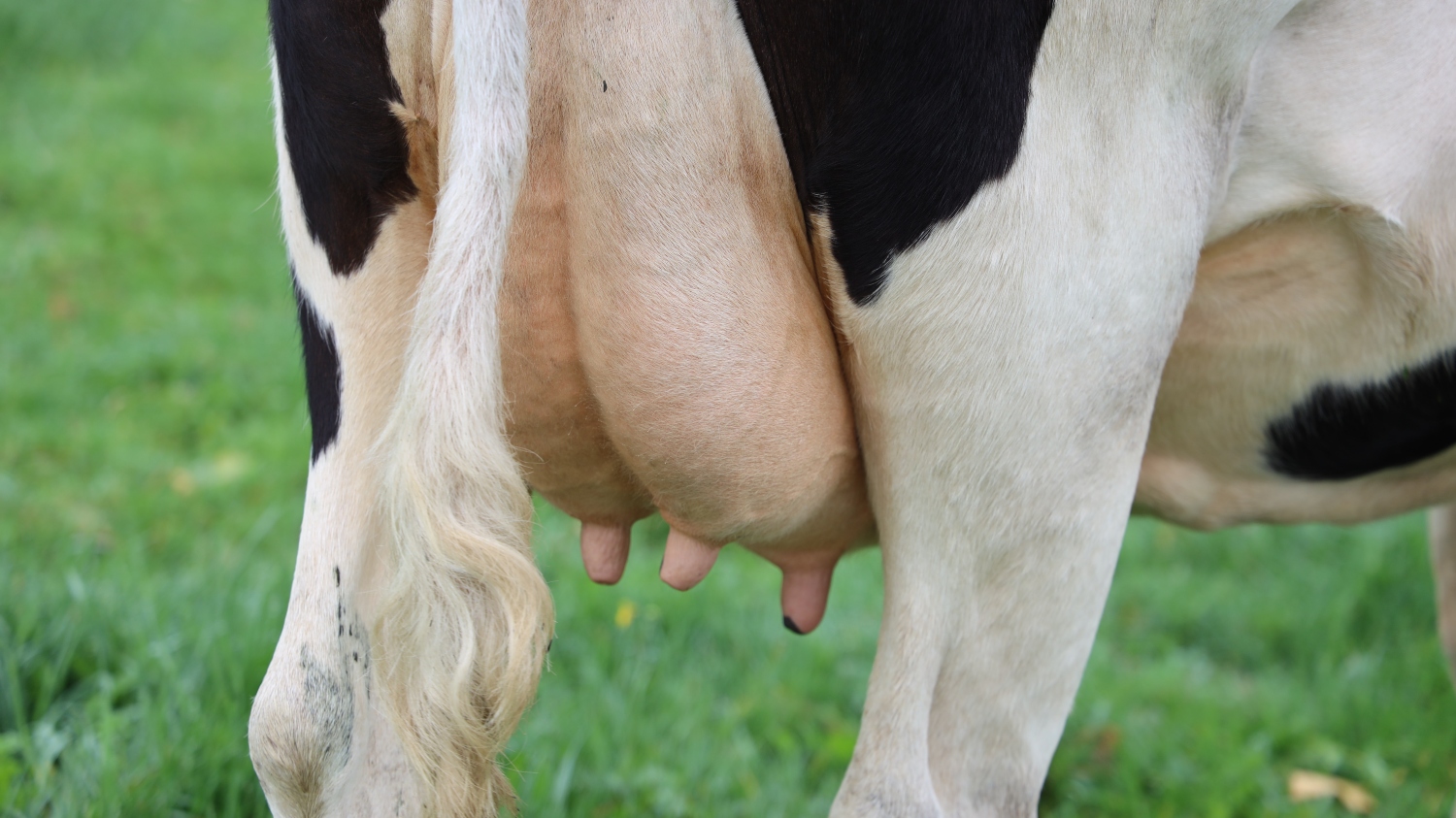Formula milk is a good alternative for babies who can’t get breast milk. Immunologist Mojtaba Porbahaie discovered that the immunoglobulin (Ig) protein IgG in cow’s milk can trigger an immune-supportive response.
Breast milk is the recommended source of nutrition for babies, but not all new-born babies can get breast milk. Formula milk based on cow’s milk is a good alternative as the composition is quite similar to human milk. Furthermore, strict regulations make sure that it contains the right amounts of nutrients. Milk also contains proteins that boost the immune response of new-born babies. These proteins include the Y-shaped immunoglobulins (Ig). Mojtaba Porbahaie, a researcher at Cell Biology and Immunology, investigated whether IgG, the immunoglobulin in cow’s milk, interacts with human immune cells to elicit a stronger immune response.
Immune training
Immunoglobulins and antigens form spherical immune complexes that bind to the receptors of immune cells and set off a stronger immune response than the antigens do on their own. Porbahaie discovered that the immune complexes made up of antigens and IgG from cow’s milk bind well to the receptors in human immune cells in vitro. IgG could therefore trigger an immune response.
However, an experiment with healthy people with whey protein added to their diet did not change the immune response to a test infection with a high dose of Escherichia coli. ‘The immune system of healthy people usually doesn’t need any extra support so it’s not surprising we did not find a clear effect.’ Tests on high-risk groups (young children, the elderly and people with immune disorders) are not allowed for ethical reasons.
Heat-treated
Epidemiological studies of new-born babies on farms who drank raw cow’s milk showed that they were less likely to develop asthma and allergies, and this effect persisted into later life. While the farm environment could be a contributory factor, this points to the possible benefits of raw milk. Milk sold in supermarkets is heat-treated to kill pathogens, but as a result supermarket milk may also lose the benefits of compounds such as IgG. Porbahaie: ‘Researchers are working on new treatments that kill the bacteria but keep the bioactive compounds, or enrichment of the milk with bioactive compounds after the heat treatment.’

 Photo Unsplash/Megumi Nachev
Photo Unsplash/Megumi Nachev 

